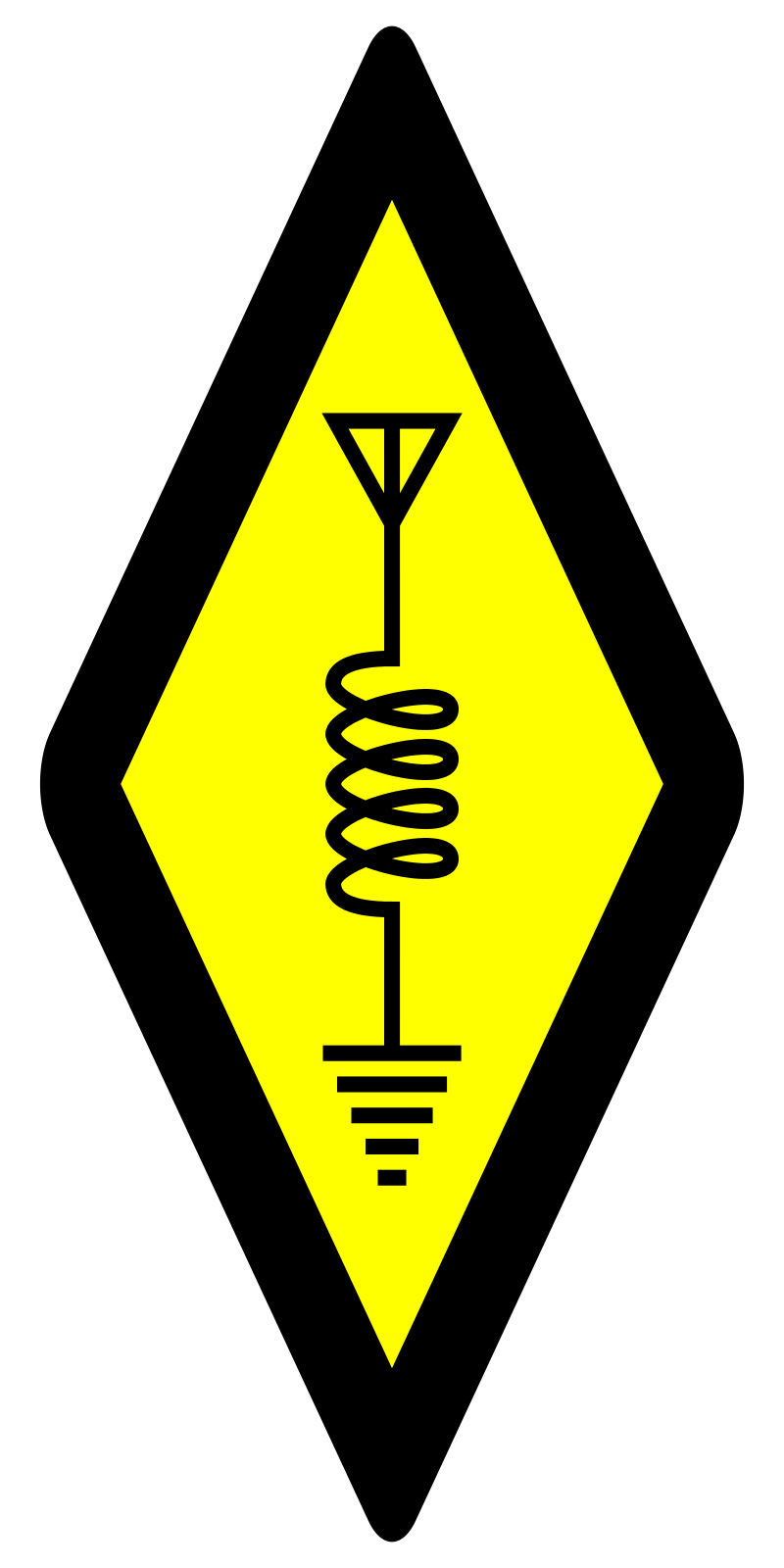

The subhead is
The ads promoted extremist hate speech
It wasn’t clear to me from the title if “referencing Nazi war crimes” was a good or bad thing (as in, “don’t let history repeat itself” seems a good message, but that’s apparently not the perspective the ad was pushing…).














You can ride your bike on many highways in the USA at least. Generally you cannot on the freeway, but there are some exceptions — in California there are requirements about bike accessibility which means that certain segments of a freeway may be bike accessible.
If you live far from a store then groceries are a problem unless you use a trailer, but if you live in a city it’s totally reasonable to use a bike (or walk) for your weekly groceries.
And you can get a new Trek FX for under $600, and that’s just from a quick search. Yes of you want Ultegra or better and a carbon frame, the sky is the limit.